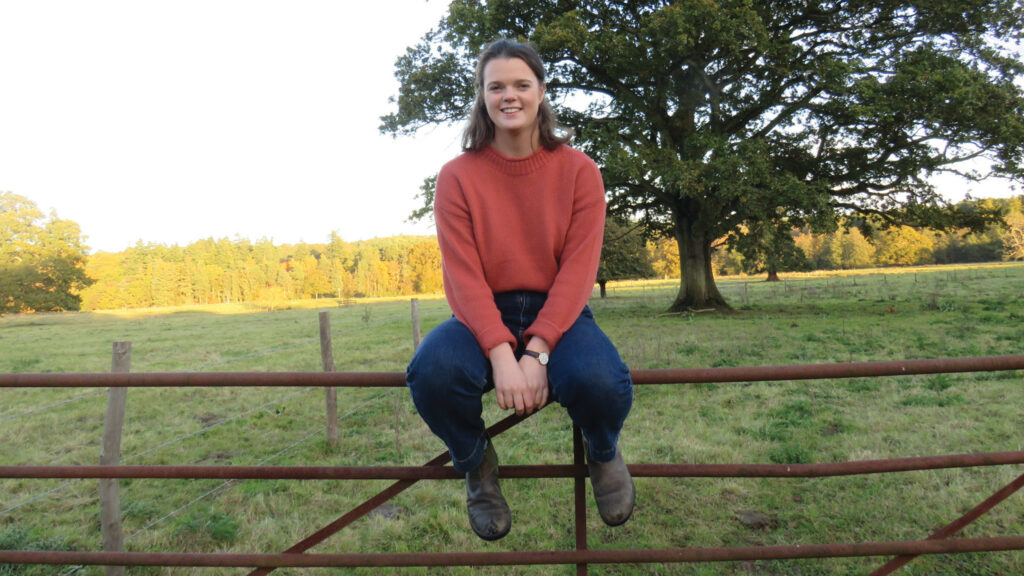Opinion: Farming should have an official retirement age
 Molly Biddell © Molly Biddell
Molly Biddell © Molly Biddell My grandpa was still farming on the day that he died aged 91 – circumstances that everyone celebrated at the time. Dedicated, devoted and sentimental, this “till death us do part” mentality is usually revered, but it needs to be challenged.
In the UK, 40% of farmers are over 65, while just 2% are under 35. The average age of a farmer is 59. For teachers and nurses, it’s 43, and the majority of our doctors and dentists are under 35.
So why are farmers such a doddery lot?
First, it’s pretty hard to actually become a farmer. Land is like gold dust – scarce and expensive. So, once you have your chance (often after the age of 40), you tend to hang on to it.
See also: Molly Biddell – good farmers are environmentalists
Farming is also often romantically described as a “lifestyle” occupation. As in a job for life.
By its very definition, that makes it hard to leave. For too long, farmers have accepted low financial returns in exchange for the “lifestyle”. But what is it exactly?
Yes, there are some really nice things that come with the job – beautiful landscapes, animals, fresh air, stewardship – but also some less nice things such as the relentless weight of responsibility, non-stop hard graft, loneliness and, too frequently, poor mental health.
The fact that the farm office is often the kitchen table doesn’t help, either. There is no other sector in which the boundaries between home, work and personal identity are so blurred.
I can attest to this, working with my parents on our family farming business.
At the risk of living up to my millennial cliché, I have decided that boundaries are important. Without them, we “de-professionalise” the job, it becomes our sole identity, and it’s then very hard to quit.
Lots of older people sticking around means fewer opportunities for young people to join our sector.
And this is a big mistake, because right now farming has never been a more exciting place to work for talented eco-anxious Gen Zs.
Why? Because it’s the one industry where you can have a job fixing broken food systems, reversing climate change, restoring ecosystems, and reconnecting people to nature.
To deliver these solutions, we need new skills, ideas and perspectives. Farming should be at the heart of the UK’s future green economy – the place to be for an exciting and rewarding career.
To make that happen, we need to create more jobs, and we need to further professionalise farming.
An official retirement age would help this. It might even secure farmers higher pensions and reduce on-farm safety risks (almost half of all workers killed on UK farms in 2018 were over 65).
It would also kick-start much-needed conversations on succession planning.
Of course, we don’t want to lose the depth of knowledge and experience that the over-60s bring.
All good farms rely on a finely balanced blend of wisdom and innovation that must continue, and businesses must seek insight from retiree farming folk living their best Third Ages.
Rather than avoiding retirement, I think we’d do better to normalise, support and even celebrate it. Farming should not be a life sentence. It’s not good for farmers and it’s not good for our businesses.
Farmers have earned the right to properly and freely enjoy a brilliant retirement. Let’s give them permission to do so.

